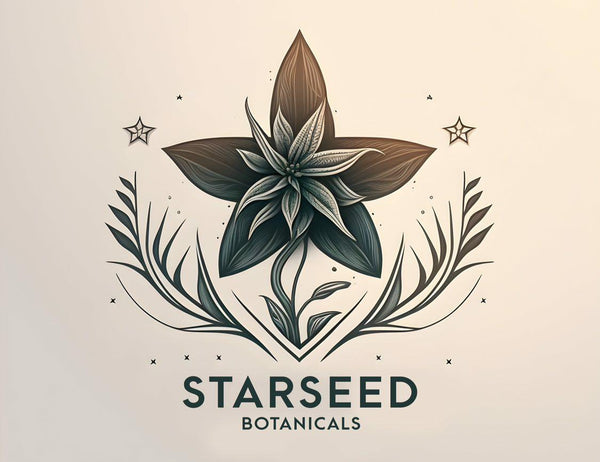STARSEED BOTANICALS
Wild Dagga (Leonotis leonurus)
Wild Dagga (Leonotis leonurus)
Name
Leonotis leonurus
Other Common Names:
Wild dagga, Lion’s Tail or Lion’s Ear, Indian Hemp
Habitat:
In hot, arid climates such as South Africa, Australia, Arizona, California, and Mexico
*These statements have not been evaluated by the Food and Drug Administration. This product is not intended to diagnose, treat, cure, or prevent any disease.
*The specifications for this product do not give nutritional information as they are botanical herbs used for ayurvedic purposes.
*Not for use during pregnancy or lactation. If you have a medical condition or take medications, please consult with your doctor before use.
*Store away from children. Use only as directed on label. Safety-sealed for your protection. Keep bottle capped at all times and store in a cool, dry place.
*The content is purely informative and educational in nature and should not be construed as medical advice. Please use the content only in consultation with an appropriate certified medical or healthcare professional.
Couldn't load pickup availability


